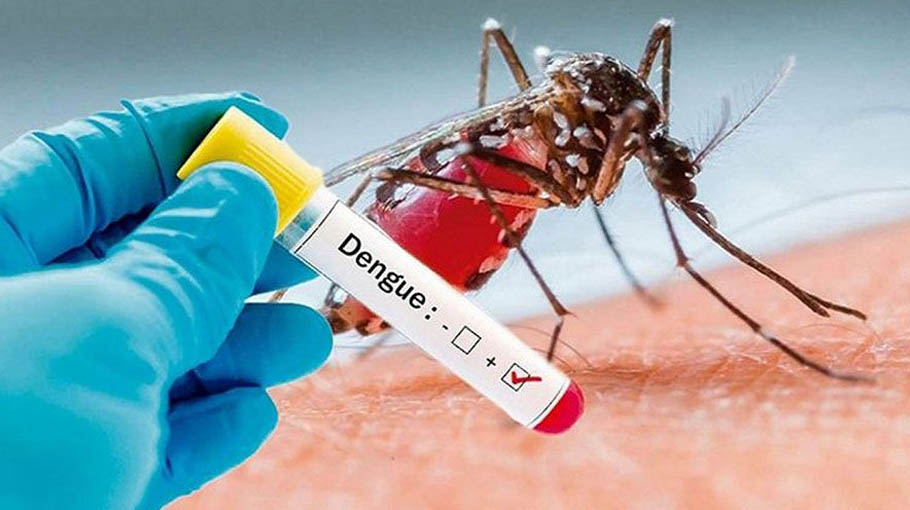Seven dengue patients die, 983 hospitalised in 24 hrs
86 fatalities in October alone

Seven dengue patients died while 983 patients were admitted to different hospitals across the country during the past 24 hours till 8am Tuesday.
"As many as 523 dengue patients were hospitalized in Dhaka city and 451 patients were admitted to hospitals outside Dhaka during the past 24 hours," a press release of the Directorate General of Health Services (DGHS) said.
"A total of 148 people died from dengue disease between January 1 and November 1. The first death from dengue was reported on June 21, this year," the daily statement of the DGHS said.
With the new cases, the total number of dengue patients this year rose to 39,007 while some 35,261 patients were released from the hospitals.
Dengue fever is a mosquito-borne illness that occurs in tropical and subtropical areas of the world. Outbreak of the disease is usually seasonal, peaking during and after rainy seasons.
The World Health Organization (WHO) classifies dengue as one of the top 10 threats to public health.
Bangladesh witnessed a record 86 dengue deaths for a month in October this year since record-keeping on the viral infection began in 2000. The country’s last highest deaths in October 2021 was 22.
The death toll from dengue has increased by over 150 percent in October, compared to a month ago amounting 34, according to the Directorate General of Health Services (DGHS).
Besides, the total cases 21,932 were recorded in October, the second highest number of dengue cases in the country's history, with 38,024 cases registered so far.
A total of 141 people died of this mosquito-borne disease in 2022, second-highest deaths on record after the 179 deaths recorded in 2019.
Four of the deaths were reported from Dhaka and another from Khulna division.
With this, the dengue death toll in Dhaka division rose to 86 and in Khulna division to six.
The death toll remained unchanged at 38 in Chittagong, five in Barisal, four in Mymensingh, and two in Rajshahi division.
Regarding the possible reasons behind the unusual rise in dengue cases in October, experts said climate change is partially responsible for the October outbreak as there was intermittent rainfall during the month.
Besides, the authorities concerned could not control the dengue prevalence since May when the number of cases started rising, they added.
They expect the situation will aggravate again during the next dengue season (June-September) if the mosquito control programme does not continue throughout the year.




